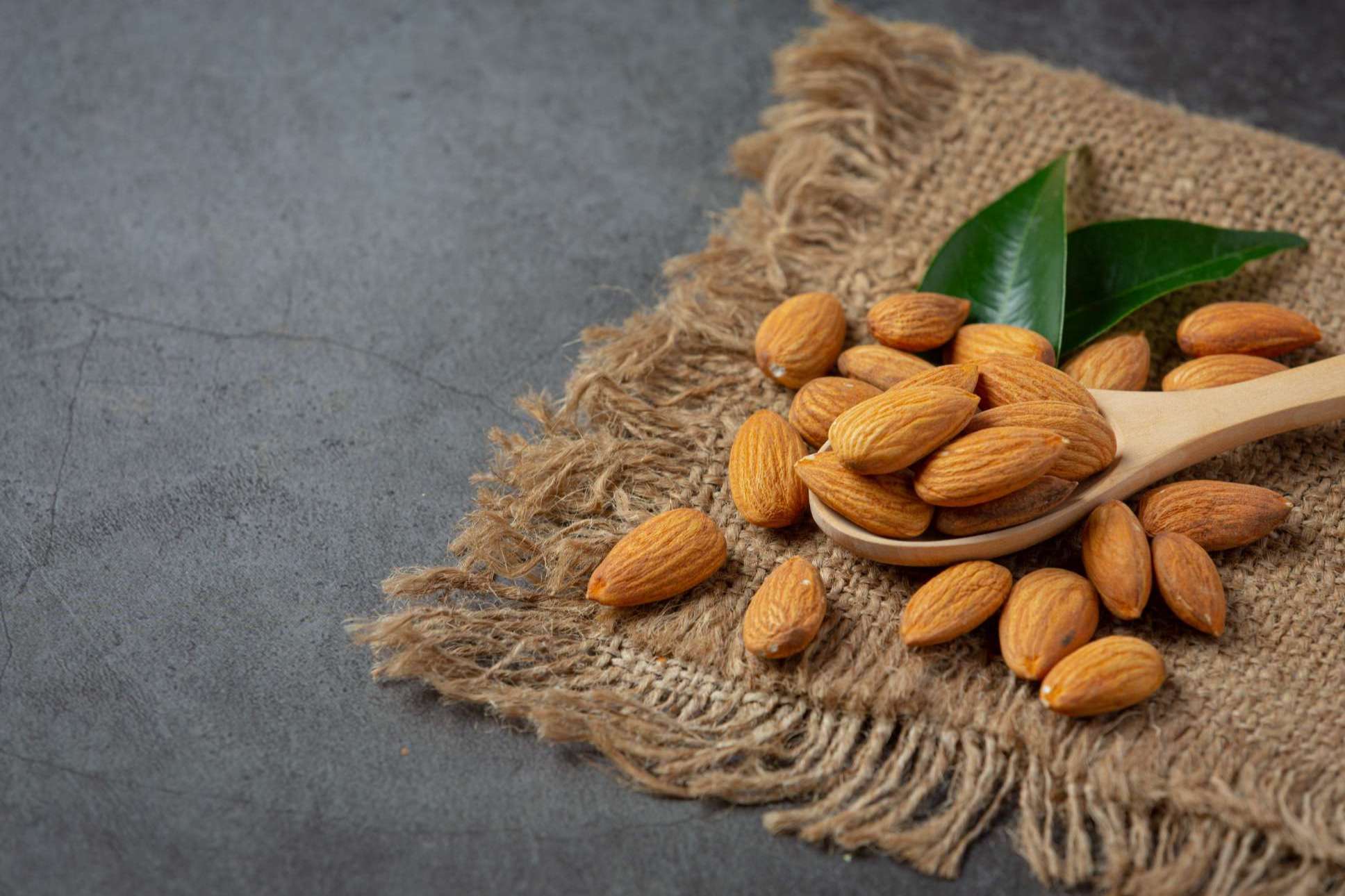Whole grains and 8 health benefits
Whole grains and 8 health benefits
Whole grains deliver a variety of health benefits. Regularly eating whole grains may reduce your risk of heart disease, type 2 diabetes, and obesity. For improved health and longevity, consider adding whole grains to your diet every day.
A whole grain is a grain of any cereal and pseudocereal that contains the endosperm, germ, and bran. Meanwhile, refined grains only retain the endosperm, other nutrients are removed in the refining process. Consumption of whole grains is associated with lower risk of several diseases. Whole grains are a source of carbohydrates, multiple nutrients and dietary fiber.
Whole grains contain many nutritional components, which have different effects on our bodies:
- The bran is the fiber-rich outer layer that supplies B vitamins, iron, copper, zinc, magnesium, antioxidants, and phytochemicals. Phytochemicals are natural chemical compounds in plants that have been researched for their role in disease prevention. Bran and fiber slow the breakdown of starch into glucose, thus maintaining a steady blood sugar rather than causing sharp spikes. Fiber helps lower cholesterol as well as move waste through the digestive tract. Fiber also help prevent the formation of small blood clots that can trigger heart attacks or strokes.
- The germ is the core of the seed where growth occurs; it is rich in healthy fats, vitamin E, B vitamins, phytochemicals, and antioxidants.
- The endosperm is the interior layer that holds carbohydrates, protein, and small amounts of some B vitamins and minerals.
- Phytochemicals and essential minerals such as magnesium, selenium and copper found in whole grains may protect against some cancers.
For a general healthy diet, choose whole grains instead of refined grains. A growing body of research shows that choosing whole grains and other less-processed, higher-quality sources of carbohydrates, and cutting back on refined grains, improves health in many ways.

WHY ARE THERE REFINED GRAINS?
Milling strips away the bran and germ and leaves only the soft, easily digestible endosperm. Without the fibrous bran, the grain is easier to chew.
The germ is removed because of its fat content, which can limit the shelf life of processed wheat products.
As a result, highly processed grains are much lower in nutritional quality. Refining wheat creates fluffy flour that makes light, airy breads and pastries, but the process strips away more than half of wheat’s B vitamins, 90 percent of the vitamin E, and virtually all of the fiber. Although some nutrients may be added back by fortification, other health-promoting components of whole grains such as phytochemicals cannot be replaced.
WHOLE GRAIN SOURCES INCLUDE:
- Cereals: wheat, rice, barley, corn, rye, oats
- Minor cereals: millets, sorghum, teff, triticale, canary grass, fonio, pseudocereals
- Amaranth: buckwheat, quinoa
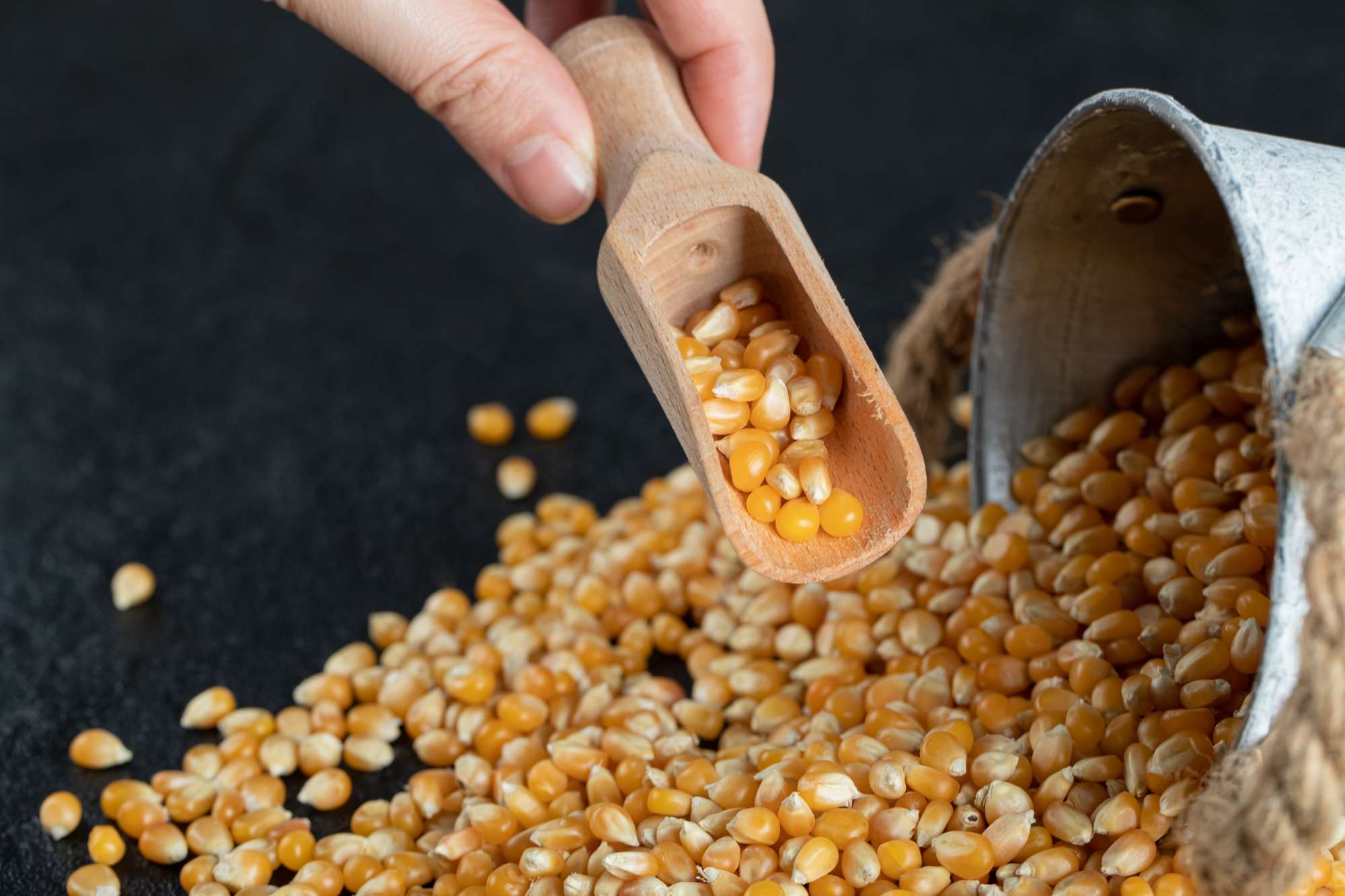
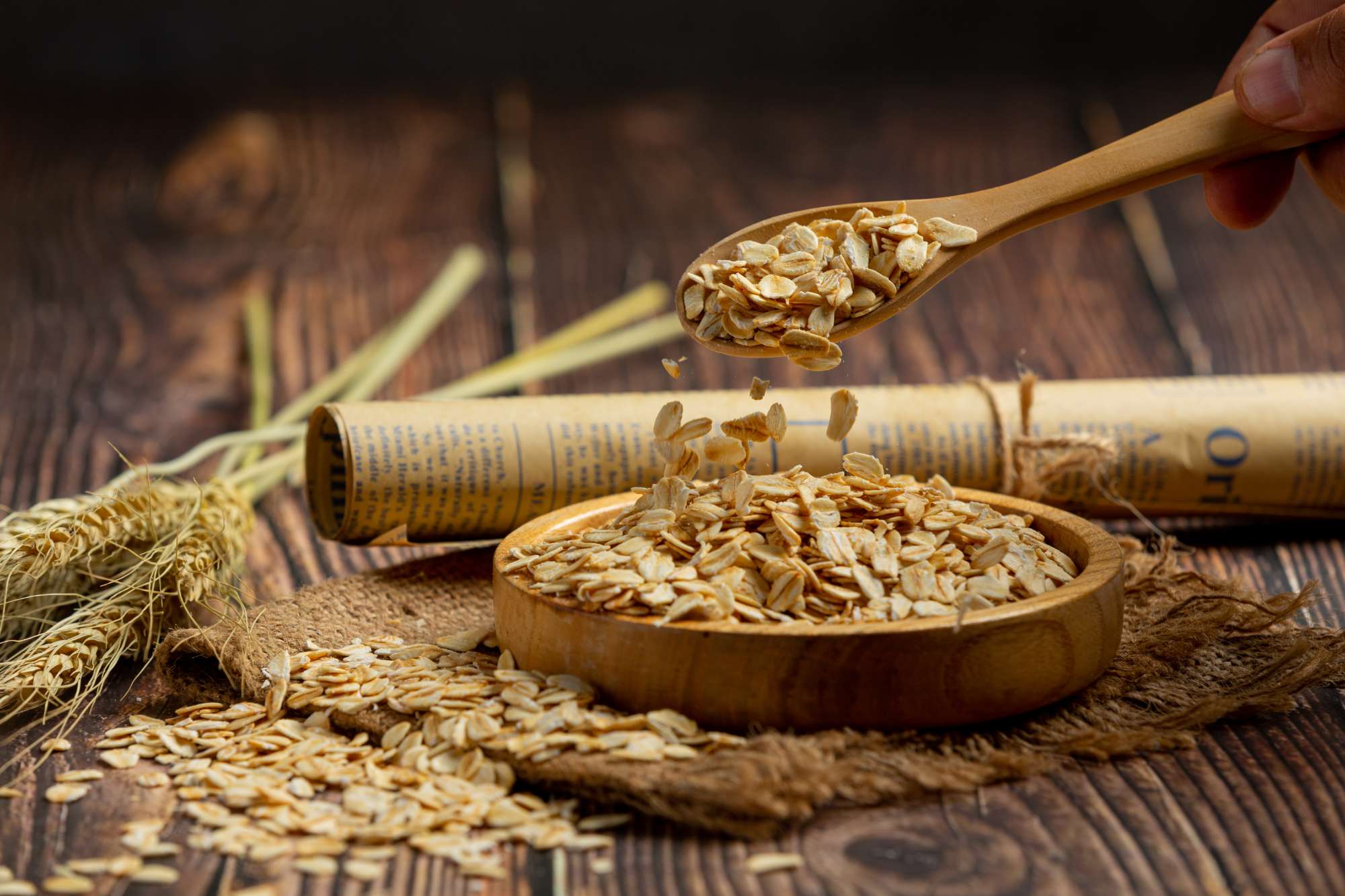
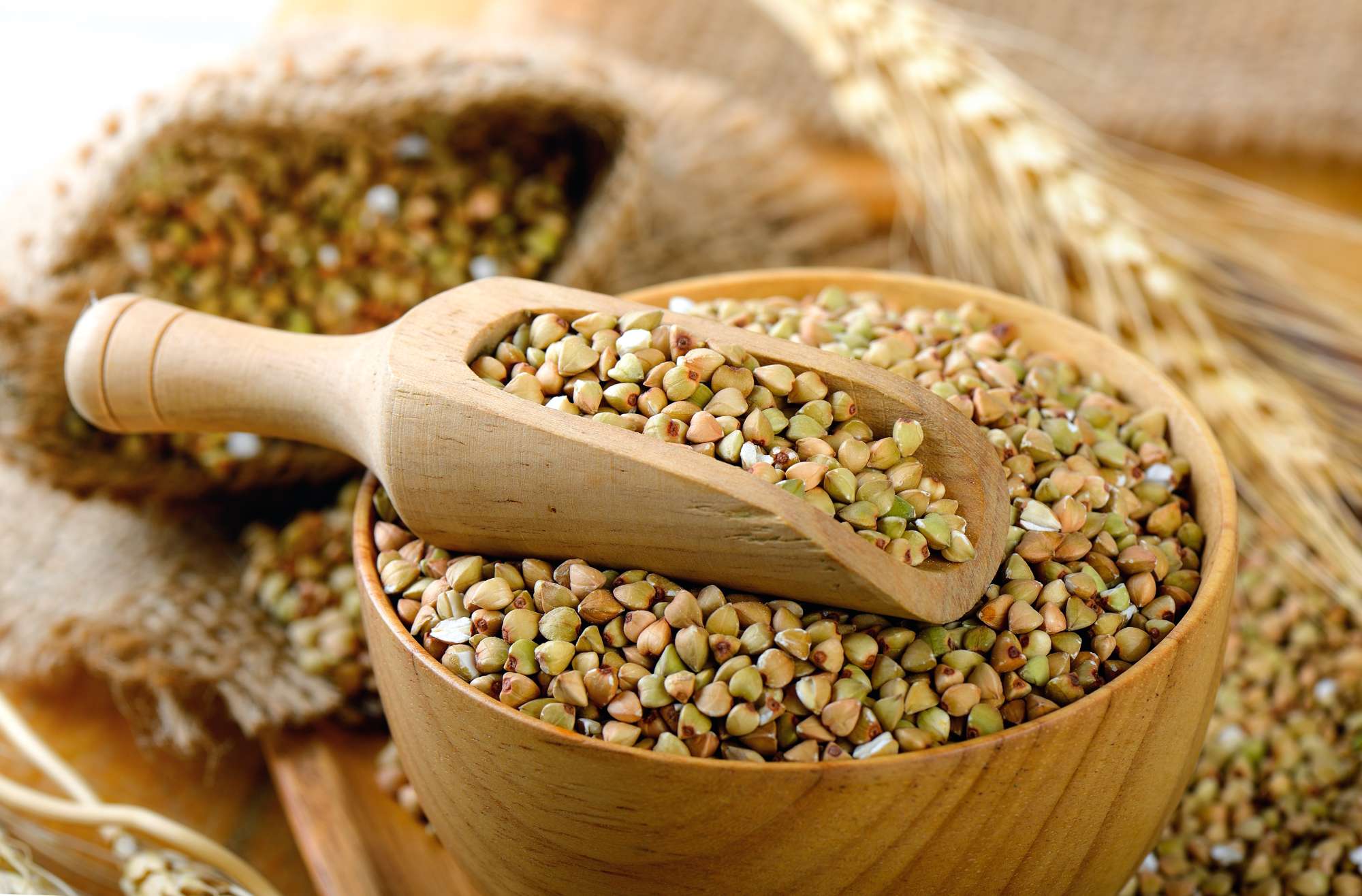
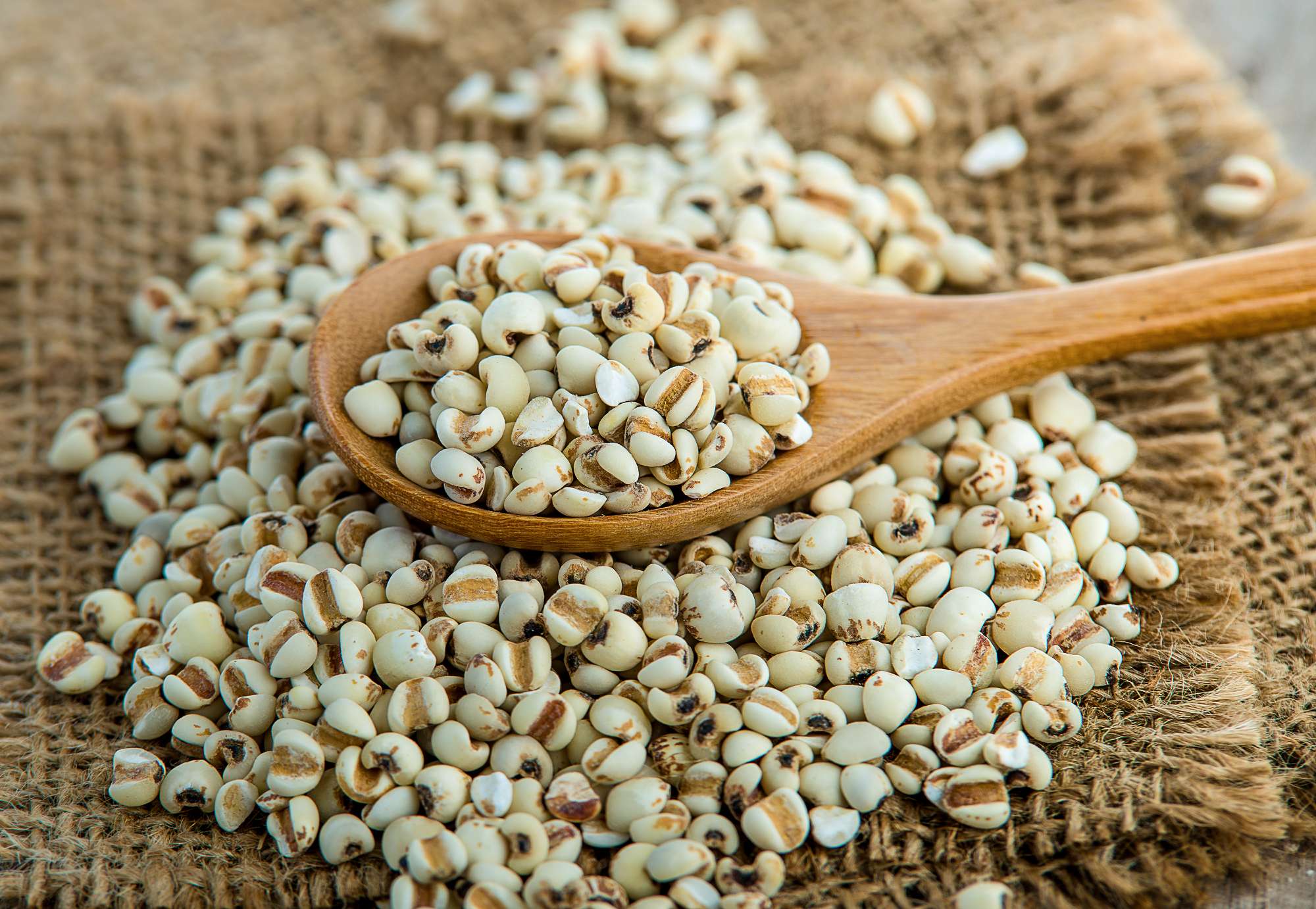
HEALTHY BENEFITS FROM WHOLE GRAINS
1. Lower your risk of heart disease
One of the biggest health benefits of whole grains is that they lower your risk of heart disease, which is the leading cause of death worldwide
A review of 10 studies found that three 1-ounce (28-gram) servings of whole grains daily may lower your risk of heart disease by 22%.
Similarly, a 10-year study in 17,424 adults observed that those who ate the highest proportion of whole grains in relation to their total carb intake had a 47% lower risk of heart disease .
Researchers concluded that heart-healthy diets should include more whole grains and fewer refined grains. Most studies lump together different types of whole grains, making it hard to separate the benefits of individual foods. Still, whole-grain breads and cereals, as well as added bran, have been specifically linked to reduced heart disease risk.
2. Lower your risk of stroke
Whole grains may also help lower your risk of stroke.
In an analysis of 6 studies in nearly 250,000 people, those eating the most whole grains had a 14% lower risk of stroke than those eating the fewest. Furthermore, certain compounds in whole grains, such as fiber, vitamin K, and antioxidants, can reduce your risk of stroke. Whole grains are also recommended in the DASH and Mediterranean diets, both of which may help lower your risk of stroke.
3. Reduce your risk of obesity
Eating fiber-rich foods can help fill you up and prevent overeating. This is one reason high-fiber diets are recommended for weight loss.
Whole grains and products made from them are more filling than refined grains, and research suggests that they may lower your risk of obesity. In fact, eating 3 servings of whole grains daily was linked to lower body mass index (BMI) and less belly fat in a review of 15 studies in almost 120,000 people. Another study reviewing research from 1965 to 2010 found that whole-grain cereal and cereal with added bran were associated with a modestly lower risk of obesity.
4. Lower your risk of type 2 diabetes
Eating whole in place of refined grains may lower your risk of type 2 diabetes.
A review of 16 studies concluded that replacing refined grains with whole varieties and eating at least 2 servings of whole grains daily could lower your risk of diabetes. This is because fiber-rich whole grains can also help with weight control and prevent obesity, a risk factor for diabetes.
Moreover, studies have linked whole grain intake to lower fasting blood sugar levels and improved insulin sensitivity. This could be due to magnesium, a mineral found in whole grains that helps your body metabolize carbs and is tied to insulin sensitivity.
5. Support healthy digestion
The fiber in whole grains can support healthy digestion in various ways.
First, fiber helps give bulk to stools and lowers your risk of constipation. Second, some types of fiber in grains act as prebiotics. This means they help feed your beneficial gut bacteria, which are important for digestive health.
6. Reduce chronic inflammation
Inflammation is at the root of many chronic diseases. Eating whole grains regularly could help lower inflammation, a key factor in many chronic diseases.
Some evidence suggests that whole grains can help reduce inflammation.In one study, women who ate the most whole grains were least likely to die from inflammation-related chronic conditions. What’s more, in a recent study, people with unhealthy diets replaced refined wheat products with whole wheat products and saw a reduction in inflammatory markers. The results of these and other studies support public health recommendations to replace most refined grains with whole grains.
7. May reduce your risk of cancer
Research on whole grains and cancer risk have provided mixed results, though they show promise.
In one review of 20 studies, 6 showed a reduced risk of cancer, while 14 indicated no link. Current research suggests that whole grains’ strongest anticancer benefits are against colorectal cancer, one of the most common types of cancer. Additionally, some health benefits linked to fiber may help lower your risk of cancer. These include its role as a prebiotic.
Lastly, other components of whole grains, including phytic acid, phenolic acids, and saponins, may slow the development of cancer.
8. Reduced risk of premature death
When your risk of chronic disease is reduced, your risk of dying prematurely also goes down.
In fact, one study suggested that whole grain intake specifically lowered the risk of dying from heart disease, as well as any other cause. The study used data from two large cohort studies, adjusting for other factors likely to influence death rates, such as smoking, body weight, and overall eating patterns. Results indicated that every 1-ounce (28-gram) serving of whole grains was linked to a 5% lower risk of death.
WHOLE GRAINS ARE NOT FOR EVERYONE
While whole grains are healthy for most people, but some people have difficulty tolerating grains. The most well-known issue is gluten, which affects people with gluten allergy, celiac disease, or gluten sensitivity.
1. Celiac disease and gluten sensitivity
Wheat, barley, and rye contain gluten, a type of protein that some people are intolerant or allergic to. Having a gluten allergy, celiac disease, or gluten sensitivity can cause a range of symptoms, including fatigue, indigestion, and joint pain.
Gluten-free whole grains, including buckwheat, rice, oats, and amaranth, are fine for most people with these conditions.
However, some have difficulty tolerating any type of grain and experience digestive distress and other symptoms.
2. Irritable bowel syndrome
Some grains, such as wheat, are high in short-chain carbohydrates called FODMAPs. These can cause symptoms in people with irritable bowel syndrome (IBS), which is very common.
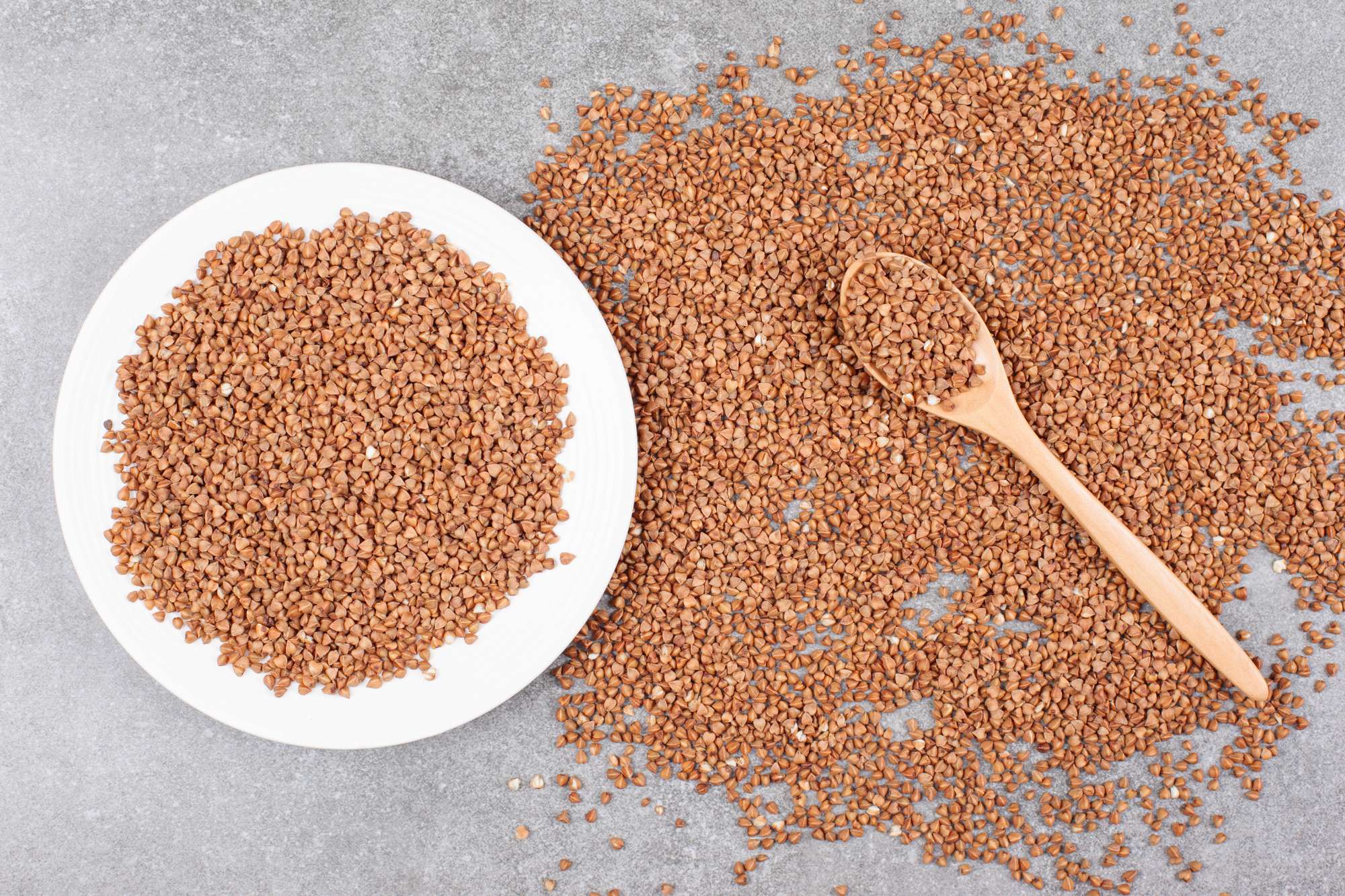
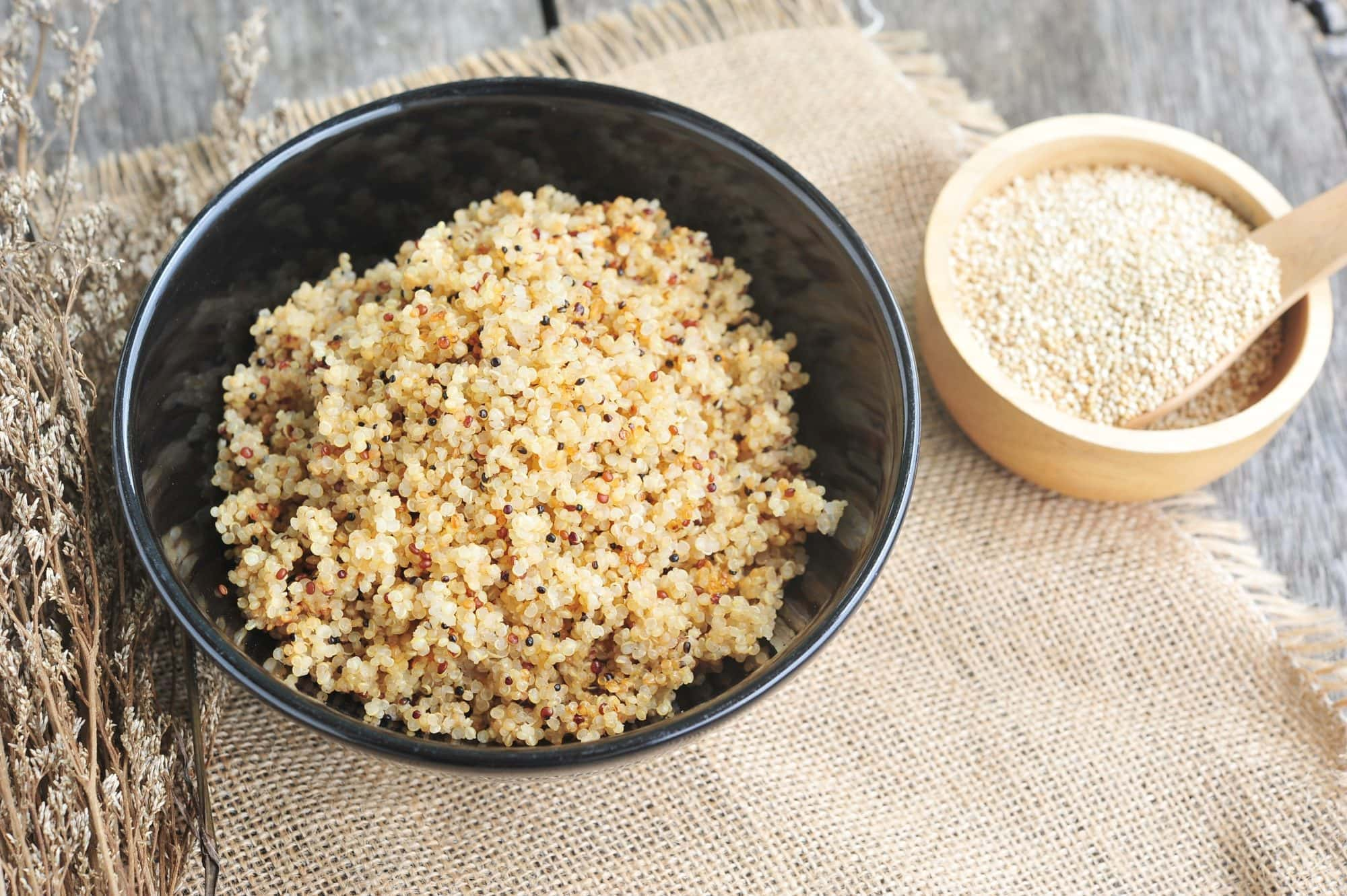
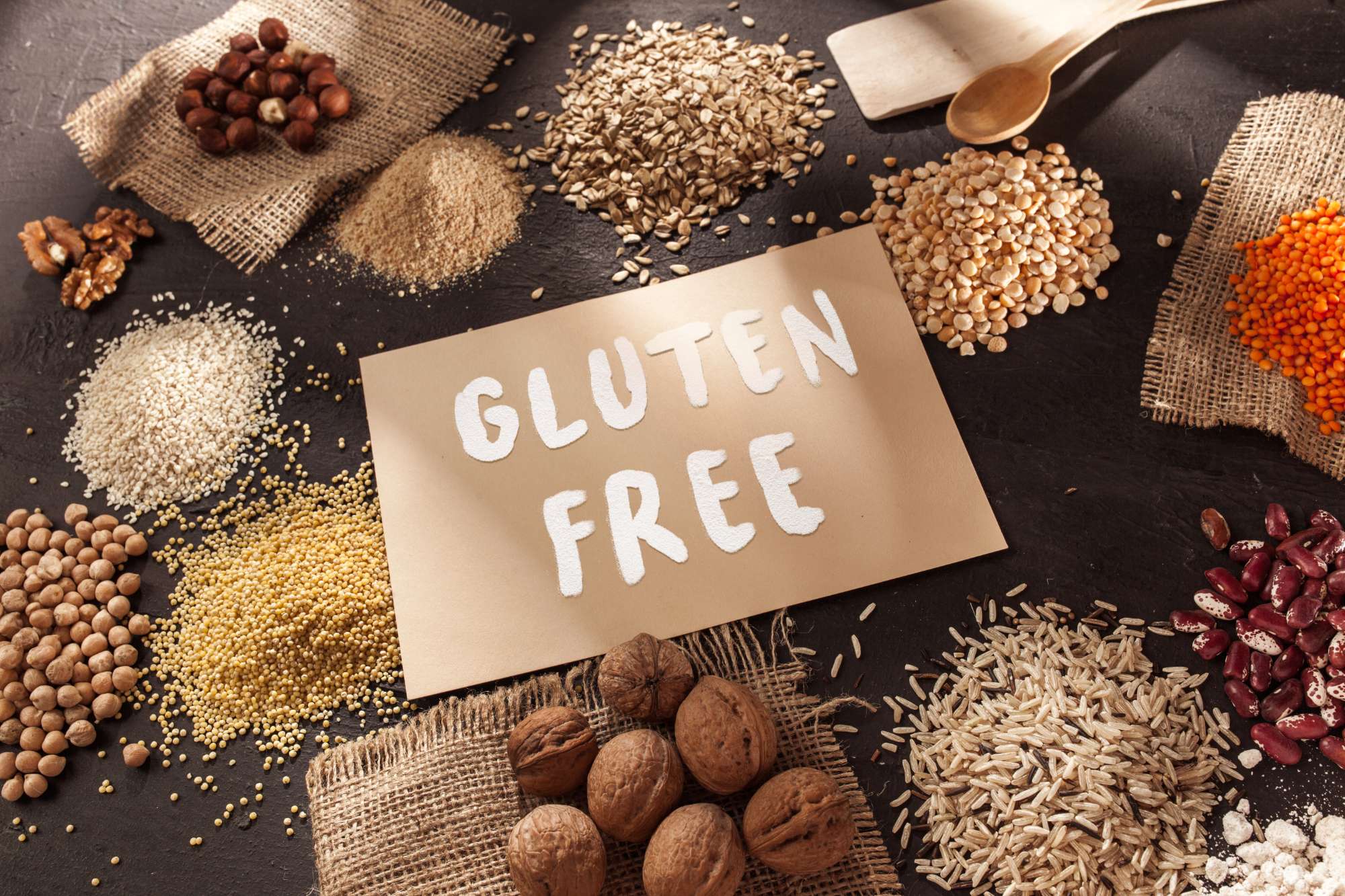
Compiled and written by Crocus Media
Products
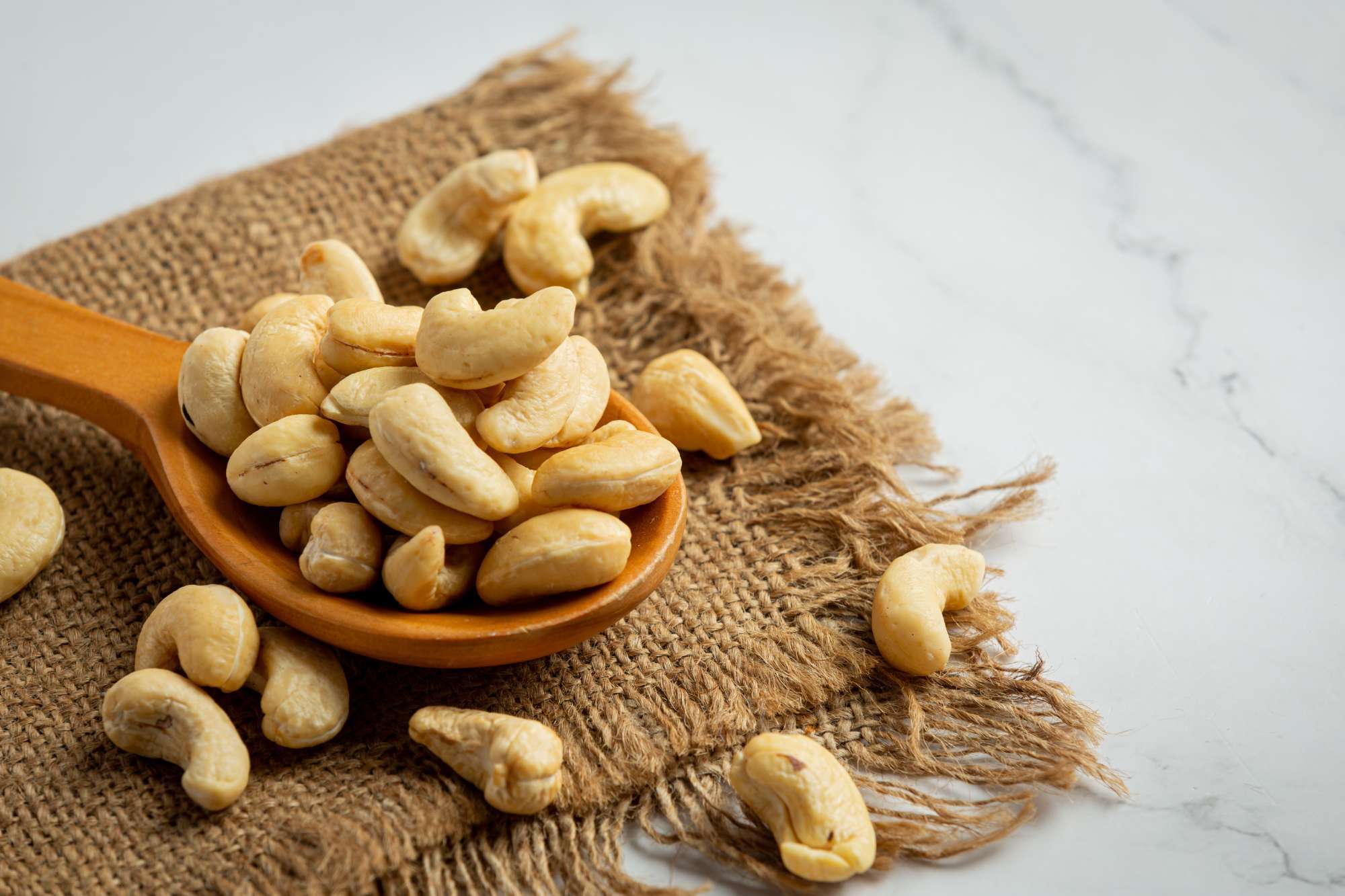
Cashew
Cashew Nuts contain a lot of vitamins, minerals and antioxidants such as vitamin E, vitamin K, vitamin B6, copper, phosphorus, zinc, magnesium, iron and selenium. Despite being rich in nutrients, cashews are slightly lower in fat than most other nuts.
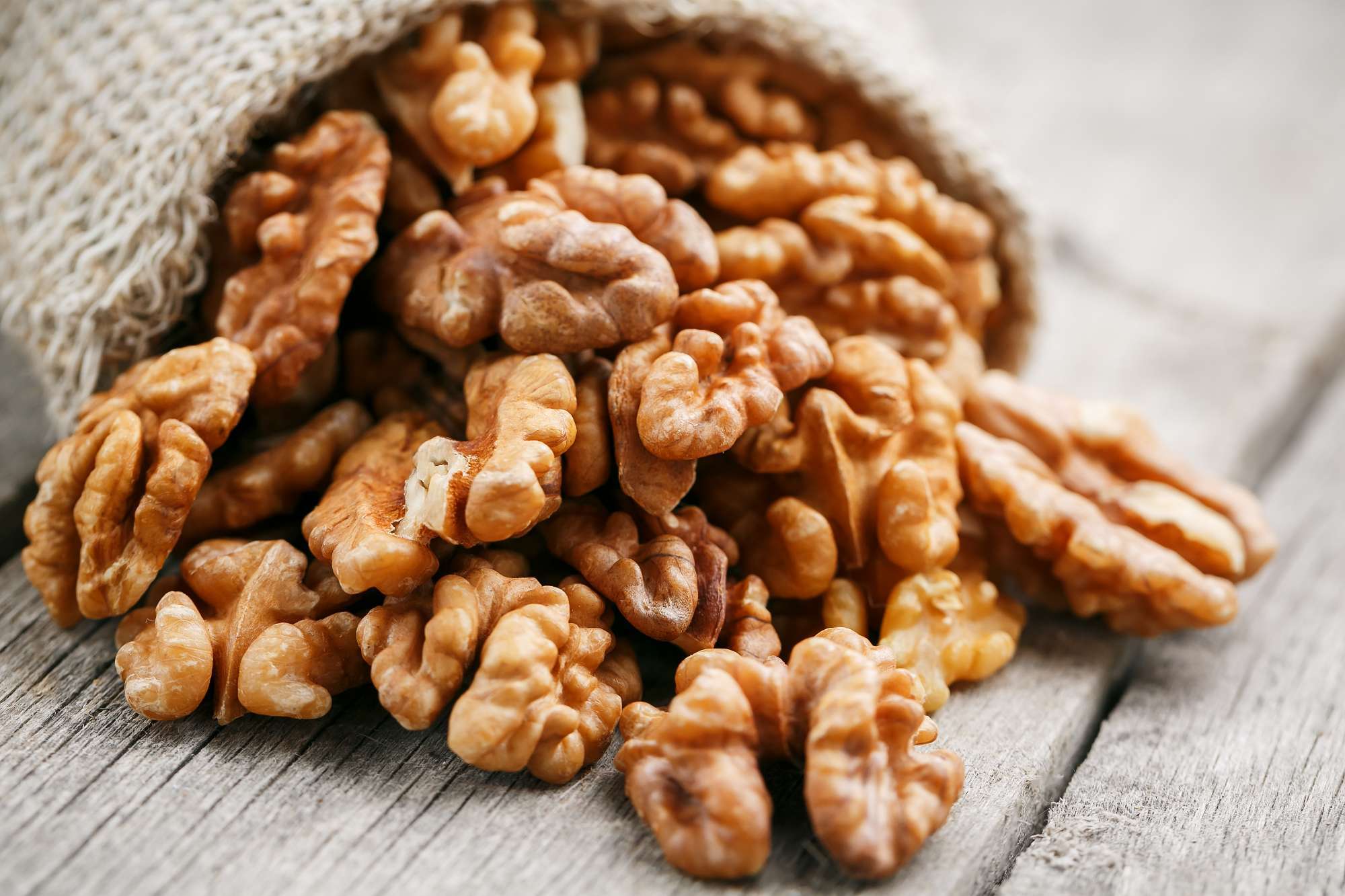
Walnut
Walnuts are increasingly being used as a product to help improve brain health, prevent heart disease and cancer. Walnuts are made up of about 65% fat and 15% protein, are low in carbs and most of them fiber. Although the shells are slightly bitter, walnuts have a mild, earthy and tangy taste.
